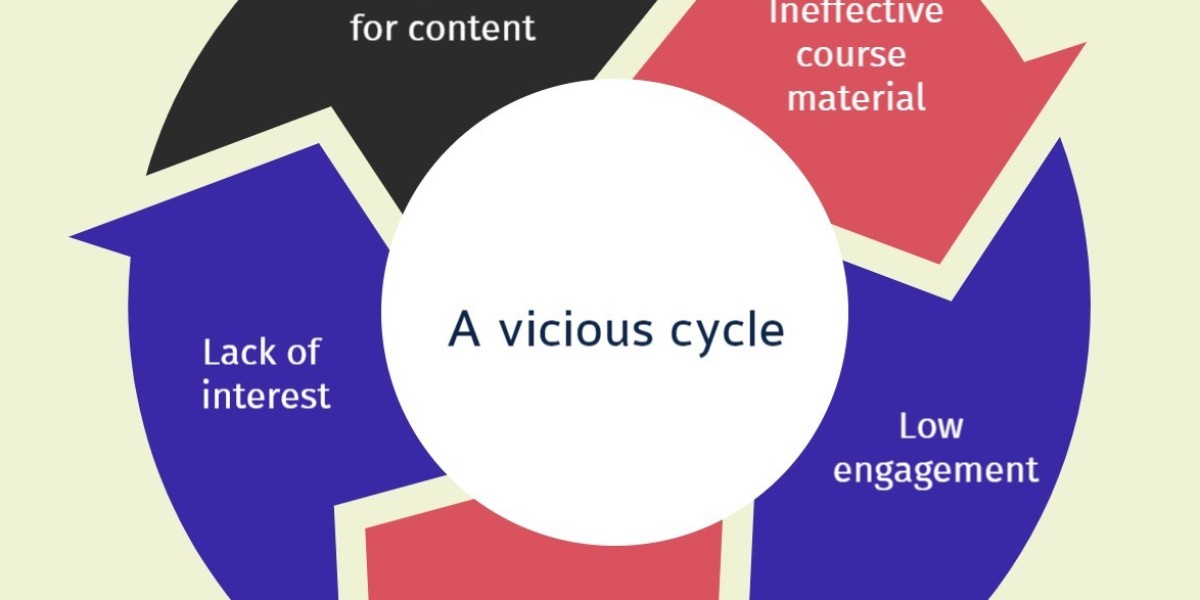https://www.thegrowthperspective.com/
Cult followers of the video format and micro-learning have even more tools at their fingertips to create videos. And LinkedIn is flooded with advice on how to best make these videos. Armed with so much information, why shouldn’t a teacher create their own content?
Well, here’s why.
Remember the bad name e-learning received? We talked about lack of engagement and structure in poorly designed courses. In the last blog post, we discussed the overreliance on trends without feeling the pulse of the elephant: the learners’ needs. With so many different tools flooding the market, each promising to give you the templates you need to put together a course in minutes, well that’s exactly what you get.
A plethora of tools, heaps of courses, and masses of voices; but where’s the learning experience? |
Let’s look at the risks associated with creating e-learning options in-house without proper instructional and learning design capabilities.
Impact on Students
If the e-learning content is not engaging or effective, students may not be motivated to engage with the material, which can lead to lower student achievement and a lack of interest in the subject matter. This can be costly in terms of the school's reputation and the students' academic progress.
In-house e-learning might feel like the school is saving money but can prove more costly in the long run |
Creating e-learning in-house may initially feel like the school is saving money by not outsourcing to a professional e-learning company. However, in the long run, it can prove to be more costly for a number of reasons.
Diversion of staff time and focus
Creating e-learning in-house requires the allocation of staff time and resources, which can divert resources from other important areas of the school. The staff responsible for creating e-learning need to have the necessary skills and knowledge in instructional and learning design, which can take time and effort to develop. Furthermore, if the staff members do not have the necessary skills and experience, the process of creating e-learning can be more time-consuming and costly than outsourcing to a professional e-learning company that already has these capabilities.
With simplified no-coding required tech tools, anyone can be an e-learning creator. But just because you can, doesn't mean you should. Not without proper instructional design and learning design training, at the very least. |
Pat your teachers on the back for rising to the occasion during global school shutdowns in 2020. Now, it’s time to show them you got their back.
Engage an e-Learning consultancy in the following roles (yes, you heard us right… preferably all three!):
As a creator: To leverage the e-learning company’s time and resources to create cohesive and engaging content without costing your staff.
As an advisor: To host the content on a single accessible platform. If that is not the requirement, they’ll chart a clear pathway to let students know what to access where and for what purpose. Clarity and integrated e-learning goes a long way in creating a cohesive learning ecosystem.
As a trainer: In the true spirit of learning, invest in the professional development of your staff. Here’s the thing though. Choose wisely. What do you think will be more relevant to them? Online courses on ID theories or engaging an e-learning consultancy to run workshops focussing on use cases of good and great courses. Let a great e-learning company show your staff what was missing in courses, and how to turn them around with relevant design principles in practice.
"Tell me what you think about your situation. Complication, aggravation Is getting to you, yeah! (Don't be) living on the edge Talk to an e-learning consultant today!"
https://www.thegrowthperspective.com/post/in-house-e-learning-cost-effective-or-cost-effed

